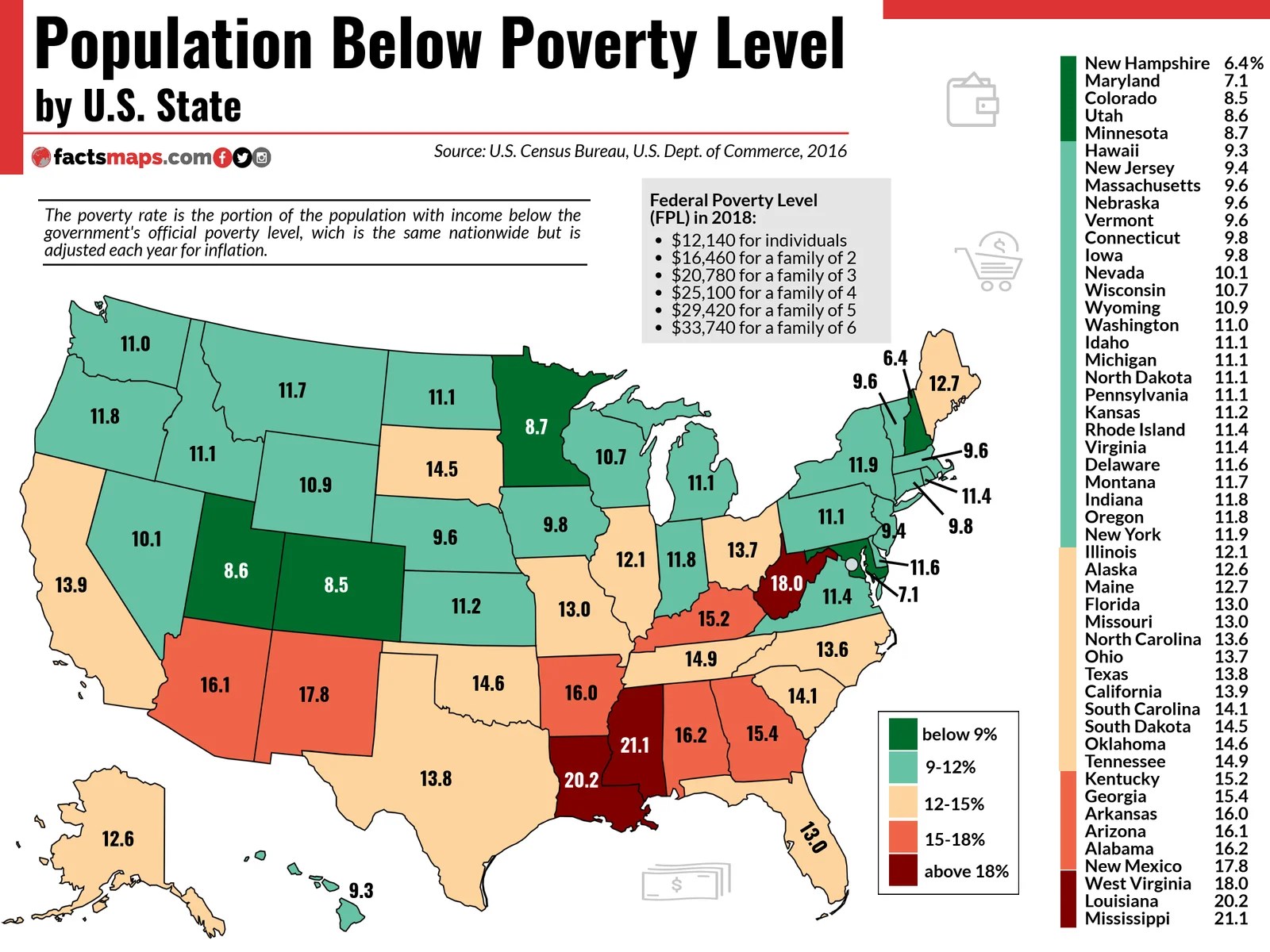What do you mean by "ïnvestable millionaires"? I first took you to mean millionaires that invest heavily in a public vehicle like like Carl Icahn and Icahn Fund, or Buffett and Bershire. But it seems that you mean investors that have somewhere close to $mm in invest-able assets.
Is that this latter idea what you mean?
Ha
The definition of "investable millionaire" given in the article is in a bit of easy-to-miss text under the pie chart image:
* Investible assets include education/custodial accounts, individually owned retirement accounts, stocks, options, bonds, mutual funds, managed accounts, hedge funds, structured products, ETF's, cash accounts, annuities and cash value life insurance policies.


